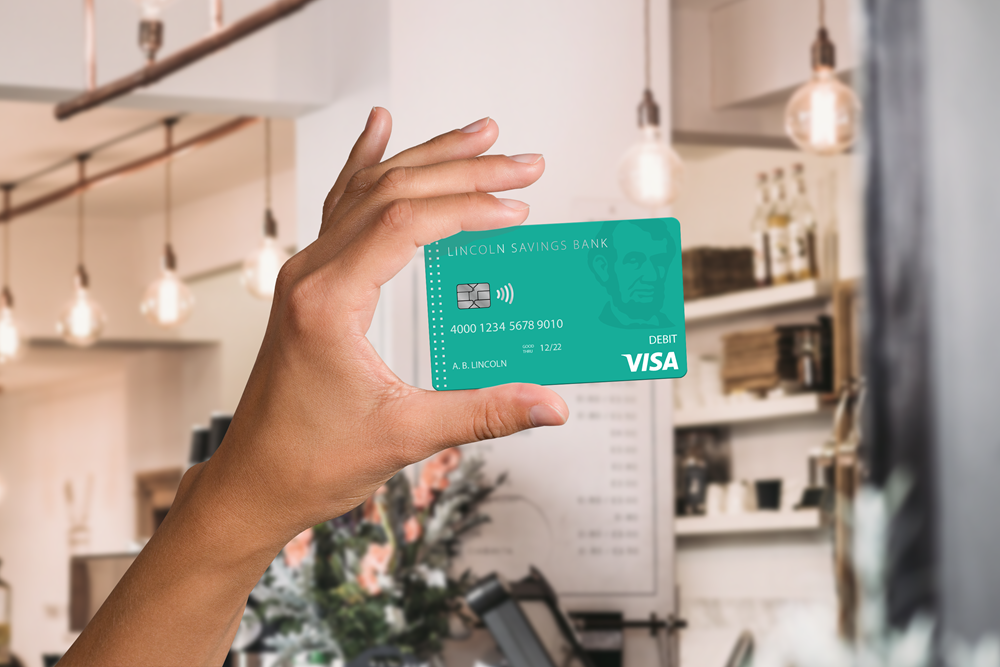
In the midst of shopping for dorm room essentials, chatting with your new roommate online, and packing up the personal items you want to bring from home, don’t forget to add these personal finance tips to your class schedule. College is your first taste of independent living, which makes it the perfect time to establish good financial habits that will serve you throughout adulthood.
Learn how to create (and stick with) a budget
If you only adopt one new financial habit in college, make it budgeting. Your budget is your financial blueprint and the roadmap that guides your everyday decision-making. It’s also the foundation upon which your future financial success rests.
There are a variety of free budgeting apps and spreadsheets online, but the most important thing to know about budgeting is that it’s meant to be flexible, not a straitjacket. As a college student, your budget will be fairly simple: monthly living expenses and then any money left over can go to savings and discretionary spending categories. Your income may vary from month to month, which means your budget will also change. And as you graduate, move, and start your first professional job, you will need to adjust your budget according to your new monthly income and living expenses. If you mess up one month and go over your budget, don’t beat yourself up; just adjust and keep going.
Check out our Ledger tool to get started with your budget. Ledger will automatically categorize your transactions for you and provide a big-picture view of what you’re spending on. Figuring out where your dollars actually go is the first step to creating a successful budget. Next, find the budgeting method that works for you.
Understand how student loans work
For many young adults, student loans are your first experience applying for and accepting the terms of a financial loan. Instead of just signing on the dotted line, take the time to read and ask any questions you may have about the loan terms. While the Financial Aid office at your school should be able to answer any questions you may have about federal or private student loans, it’s best to also talk to your parents and do your own research online. Also research the career paths and average starting salaries that your major may lead to. Will the average salary in your field be enough to support yourself and make payments on your student loan?
You can learn about federal student loan options here. It’s also worth thinking through your options for making money while in school, whether through a part-time job, gig work, babysitting, etc. And don’t leave scholarship money on the table—every little bit helps. Check out this list of “10 Sites To Kick Off Your Scholarship Search” and apply to as many opportunities as you match with.
Know how to use a credit card responsibly
Under the Credit CARD Act of 2009, you must be 21 to obtain a credit card without a cosigner, unless you can prove financial independence. Another option is to have your parents add you as an authorized user to one of their existing credit card accounts.
Whether or not you’re using a credit card in college, you’ll likely get one at some point in your adult life. So now is the time to understand how credit cards work, what average credit card interest rates are, how repayment works, what the different types of credit cards are, and more. The bottom line is to never charge more than you can afford to pay back the same month, unless it’s a true emergency and you don’t have enough savings to cover it.
Start building your credit history and score
At 18, you’re starting fresh with your credit history. While you may not be using much credit right now other than a student loan, there are still steps you can take to build a positive credit history and high credit score. For example, if you live off-campus in a private apartment, make sure your name is on at least one utility account and pay the bill on time every month. The same thing goes for a cell phone plan that’s in your name. If you’re able to get a credit card with a cosigner, use it for one small expense each month and pay it back on time. Once you graduate and start a full-time job, continue practicing good financial habits such as on-time payments, not utilizing more than 30% of your credit card limits (ideally carrying no balance), and using a mix of credit types. This will set you up well to get a mortgage and/or vehicle loan when you’re ready to take those steps.
Save for the future
However meager your income may be right now, you can still save something from each paycheck. That savings will grow over time and help you manage emergencies without going into credit card debt, save for a wedding or down payment on your house, pay for travel, or whatever else life brings. With only $50, you can open a savings account with LSB today!
Create financial goals
Although these goals may seem distant, it’s never too early to start thinking about what you plan to do after college. Whatever your goals, such as attending graduate or professional school, traveling the world, starting a family, and so on, finances will play a key role in making those things happen. If you do use student loans to finance part of your undergraduate education, start repayment with the mindset of trying to pay off your balance as soon as possible, even if that means taking a second job for a period of time. The sooner you can get out of debt, the more possibilities that will be open for you.
Complete Financial Services Today, Tomorrow, and Beyond!
Owned and managed in Iowa by Iowans, LSB is committed to the communities we serve. Having grown from a small, one-location agricultural bank started in 1902 to the diversified financial institution we are now, LSB has enjoyed sustained growth while staying rooted in Iowa values. We are here to help you meet all your financial needs in college and beyond. Open a Simply Free Checking account from LSB today!

